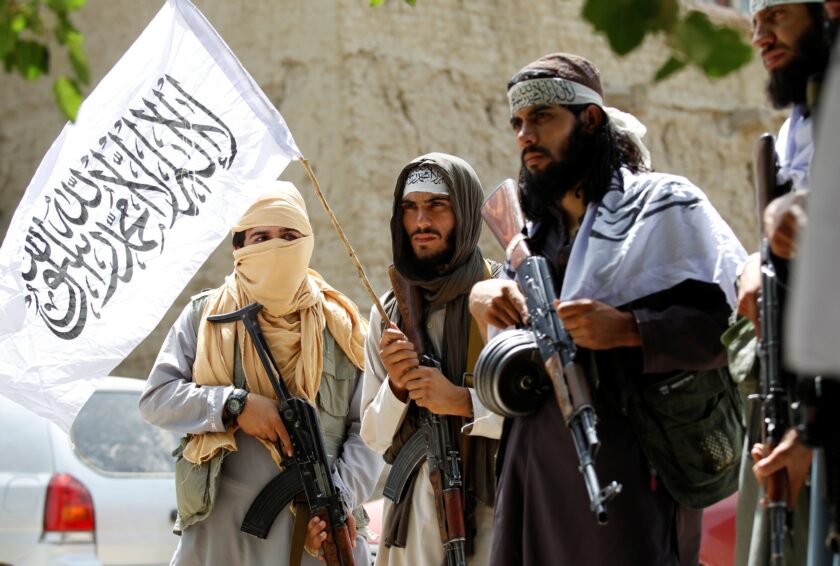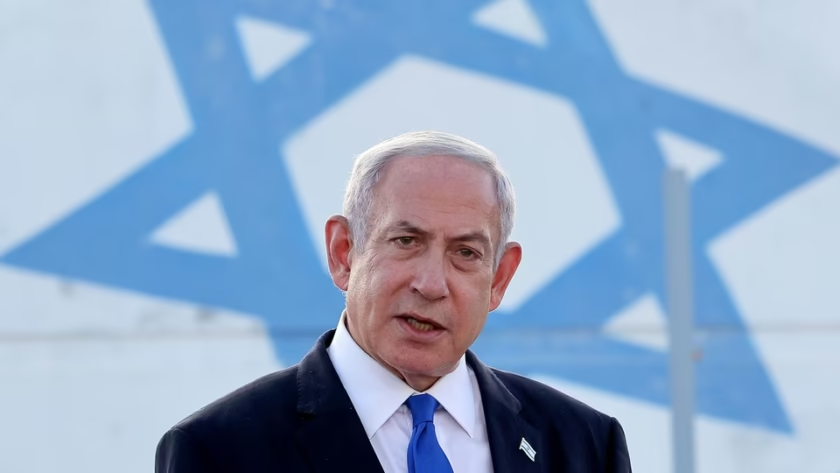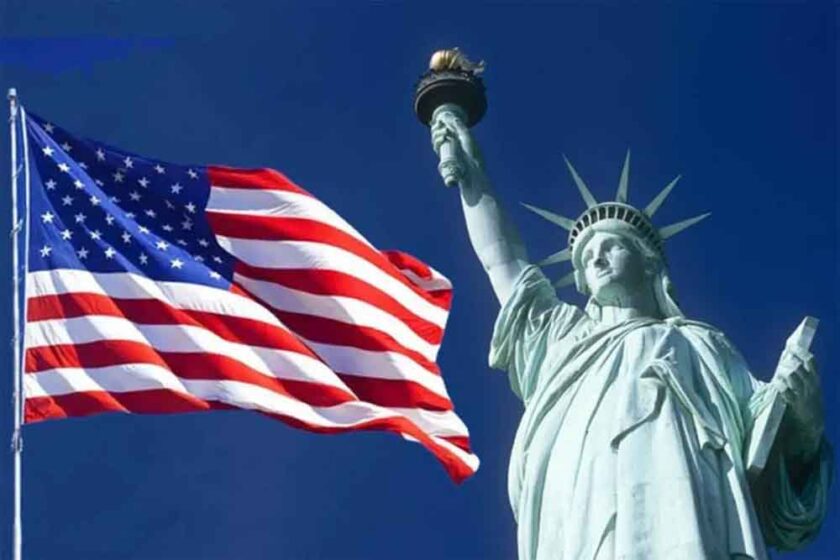New Delhi: Peter Navarro, a key trade advisor to U.S. President Donald Trump, has launched a blistering critique against India, accusing the country of being a “laundromat for the Kremlin” through its continued imports of Russian crude oil. The sharp remarks come as the Trump administration prepares to impose a punitive 50% tariff on Indian goods, a measure that has raised significant alarm in New Delhi.
In a statement outside the White House, Navarro dismissed India’s claims of energy security needs, asserting that the soaring purchases of Russian oil—which have risen from a negligible 1% to 35% of India’s total imports since the February 2022 invasion of Ukraine—are part of a “profiteering scheme.”
“They don’t need the oil,” Navarro said. “It is a profit-sharing plan for refining. It serves as the Kremlin’s laundry. That’s the truth.” He argued that India refines the discounted Russian crude and then re-exports the products at a premium, with the revenues helping to finance Russia’s war effort.
Navarro, one of the most hawkish voices in the Trump administration on trade, further escalated the rhetoric by coining a new, derogatory moniker for India: the “Maharaj of tariffs.” He defended the administration’s decision to increase tariffs on Indian products, citing what he called a “massive trade imbalance” and high non-tariff barriers that he claims harm American workers. “They are Maharaj in tariff,” he stated, adding that it was “insane” for American money to indirectly fund Russia’s war in Ukraine.
The trade advisor also stoked geopolitical tensions by accusing India of “cosying up” to Chinese President Xi Jinping. He made the comments in the wake of a recent visit to New Delhi by Chinese Foreign Minister Wang Yi, where both nations agreed to resume talks on their disputed border. Navarro claimed India was “prolonging the war” and not working towards peace. In a surprising counterpoint, China’s Ambassador to India, Xu Feihong, publicly expressed support for New Delhi, stating that Beijing opposes the U.S. tariffs and stands with India to “maintain international equity and justice.”
The new round of tariffs, which includes a basic 10% duty, a reciprocal 25% tariff, and an additional 25% fee tied to Russian oil imports, is set to take effect on August 27. It represents one of the most severe trade restrictions Washington has ever placed on a major partner.

India has consistently defended its actions. During a recent trip to Moscow, External Affairs Minister S. Jaishankar pushed back against the U.S. accusations, emphasizing that India’s energy procurement is driven by the national interest and the needs of its 1.4 billion citizens. He pointed out the irony of the situation, noting that the U.S. had previously encouraged India to purchase Russian oil to help stabilize global energy markets.
“We are very perplexed at the logic of the argument,” Jaishankar said, while also highlighting that China remains the largest importer of Russian crude and the European Union is the biggest consumer of Russian LNG.
The escalating trade dispute has also drawn criticism within the United States. Former UN Ambassador Nikki Haley warned that damaging relations with India would be a “strategic disaster” for the U.S. and urged that New Delhi be seen as a “prized free and democratic partner” against China’s growing influence. Noted economist Jeffrey Sachs called the tariff move “bizarre and self-destructive,” cautioning that it risks pushing India closer to the Russia-China axis and could undermine U.S. strategic interests.
India’s Ministry of External Affairs (MEA) has stated it will “take all necessary steps to safeguard the national interest,” including ensuring stable energy supplies. While showing a readiness for dialogue, Indian authorities are bracing for the tariffs to take effect next week, setting the stage for a critical test of the India-U.S. partnership.









